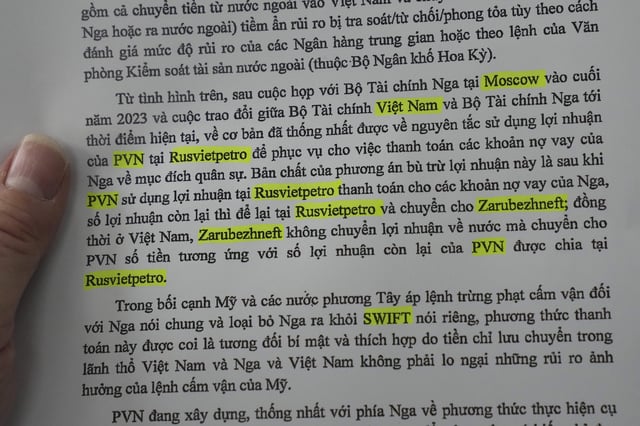Overview
- Internal Vietnamese documents obtained by the Associated Press include a 2023 paper and a June 11, 2024 Petrovietnam memo prepared ahead of Vladimir Putin’s Hanoi visit.
- Under the mechanism, Vietnam uses profits from the Rusvietpetro oil venture in Siberia to repay Russian military credit, then routes excess to Zarubezhneft in Russia, which mirrors the amount back to Petrovietnam via its Vietnam joint venture to avoid cross-border transfers.
- The documents indicate Vietnam has acquired Russian fighter jets, tanks, ships and other equipment on credit linked to this accounting structure.
- The U.S. State Department declined to comment on the specific plan but cautioned that transactions with sanctioned entities carry sanctions risk, and it signaled no new enforcement actions.
- Vietnam’s ministries and Petrovietnam, along with Russia’s Finance Ministry, did not respond to requests for comment, while experts described the setup as a precaution against potential CAATSA-style penalties as Hanoi calibrates relations with Moscow and Western partners.



